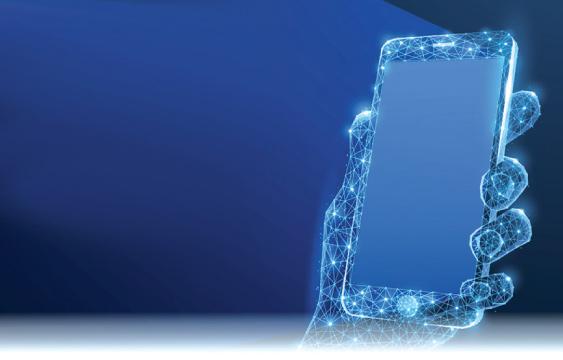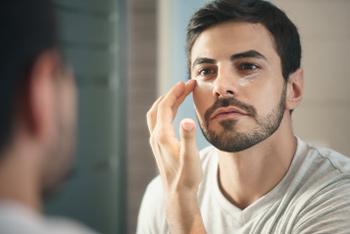You are here
Is blue light making you blue?
By Ruba Al Far , Family Flavours - Nov 08,2020 - Last updated at Nov 08,2020

Photo courtesy of Family Flavours magazine
By Ruba Al Far
Pharmacist
In its natural form, your body uses blue light from the sun to regulate your natural sleep and wake cycles. Artificial sources of blue light, such as electronic devices, can have a profound, harmful effect on many aspects of our health.
Artificial sources of blue light
We all expose ourselves to indoor blue light through our television, computer, laptop, smartphone, tablet as well as indoor lighting (fluorescent and LED lights). If you search for blue light photos over the Internet, the most common picture is someone holding a smartphone in the dark.
Why be concerned?
In its natural state, blue light is beneficial. Your body uses blue light to regulate your natural sleep and wake cycles and it boosts mood and alertness. With mobile and digital devices attached to our hands all the time, physicians, researchers and health policymakers are sounding the alarm on this growing public health concern.
What you need to know
Blue light affects the skin: We are all serious about protecting our skin from Ultraviolet A (UVA) and Ultraviolet B (UVB) rays but what about protecting our skin indoors? Potential long-term harmful effect is associated with blue light emitted from mobile devices that penetrate the dermis in the skin where collagen and elastin are present, leading to skin ageing. Blue light affects eye and vision: Our eyes’ natural filters do not provide sufficient protection against blue light. Prolonged exposure may lead to retinal damage and vision disturbances.
Blue light may lead to digital eye strain: We blink about 15 times per minute, but while reading, watching or playing on the screen, we blink less, leading to digital eye strain, dry and irritated eyes, blurred vision and headaches.
Blue light affects sleep: Night exposure to blue light may disrupt our sleep cycle and affect our sleep
Blue light affects mood: Prolonged exposure to blue light, especially at night, may lead to depression, disrupt alertness and may also lead to food cravings.
How to protect yourself
• Limiting the use of smartphones before sleep
• Some studies suggest putting away our devices one hour before sleep
• Using the night mode light
• Using computer filters or glasses
While we connect to the world through our digital devices, let us also be serious about protecting our health. We can be wise in our use of technology and reduce the harmful effects of blue light; let’s prevent the harmful effects of blue light to safeguard the health of our children, and ours too!
Reprinted with permission from Family Flavours magazine
Related Articles
During the Holy Month of Ramadan, the whole routine of life changes for those fasting.
BERLIN — As it gets harder to tear our eyes away from smartphones, televisions, tablets or computers, concerns are growing over a blue light
Let’s embrace the heat and long sultry summer days by putting our health first. Following simple yet effective tips, you can avoid possible negative health effects during this season. Here are seven practical tips to stay cool, fit and vibrant this summer.


















